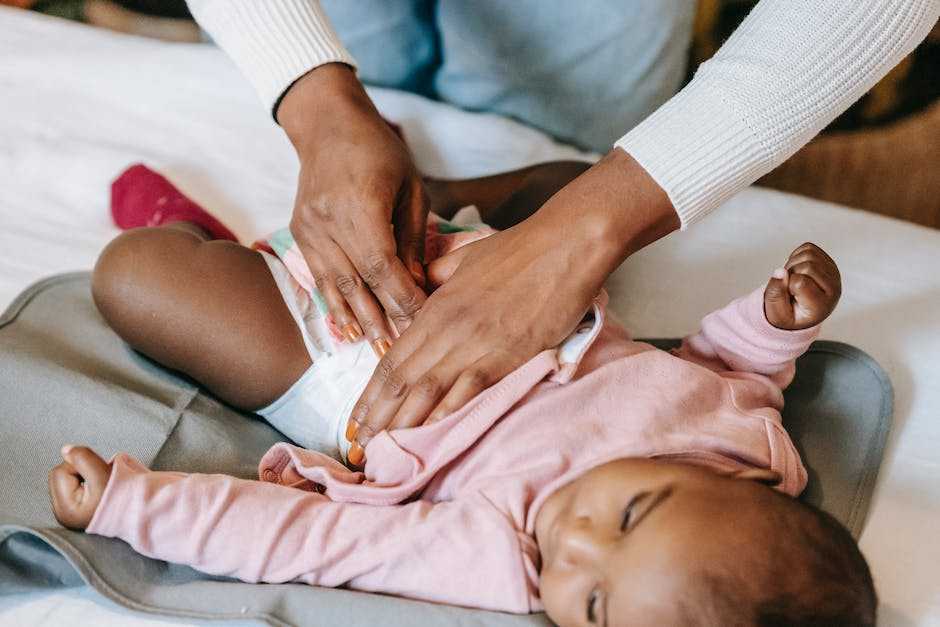
Contents
- 1 What steps can parents take to avoid re-infection after treatment?
- 2 Parasitic Infections in Children: What You Should Know
- 3 Common Symptoms of Parasitic Infections in Children
- 4 Prevention of Parasitic Infections in Children
- 5 Diagnosis and Treatment of Parasitic Infections in Children
- 6 When to See a Doctor for a Parasitic Infection
What steps can parents take to avoid re-infection after treatment?
Parasitic Infections in Children: What You Should Know
As a parent, it is important to be aware of parasitic infections that can affect your child’s health. These infections, which can range from mild to severe, can be caused by different types of parasites, including worms, protozoa, and parasites that live on the exterior of the skin. Knowing the symptoms and how to prevent, diagnose, and treat a parasitic infection can help protect your child from short and long-term health risks.
Common Symptoms of Parasitic Infections in Children
Depending on the type of infection, common symptoms of a parasitic infection can include:
- Diarrhea
- Stomach pain
- Nausea
- Vomiting
- Skin rash
- Painful joints
- Weight loss
- Anemia
- Lethargy
- Fever
- Coughing
If your child experiences any of these symptoms, a full medical workup should be done to determine the cause.
Prevention of Parasitic Infections in Children
The best way to protect your child from a parasitic infection is to prevent it. The most effective way to do this is to practice good hygiene and food safety habits. Here are some tips to help you prevent parasitic infections in your child.
- Wash your and your child’s hands often, especially after using the bathroom, before and after eating and handling food, and after playing outside.
- Teach your child to not put anything in his or her mouth, including dirt, toys, or other objects.
- Avoid eating uncooked food, especially fruits and vegetables that may have been exposed to contaminated water.
- Discourage your child from playing in areas with animals such as dog parks or areas where animal feces may be present.
- Keep living spaces clean, remembering to pay special attention to carpets, furniture, and toys that may harbor parasites.
Diagnosis and Treatment of Parasitic Infections in Children
If your child has been diagnosed with a parasitic infection, you should speak to your health care provider about treatment options. Treatment will vary depending on the type and severity of the infection. Some parasitic infections, such as whipworm and roundworms, can be treated with medications. Other parasitic infections such as giardiasis and toxoplasmosis may require a combination of medication, dietary changes, and natural remedies.
It is important to complete the full course of treatment for any parasitic infection, even if symptoms are no longer present. This will ensure that the infection has been completely eradicated.
When to See a Doctor for a Parasitic Infection
If your child is exhibiting any of the symptoms of a parasitic infection, it is important to seek medical attention. This is especially true if your child is exhibiting the symptoms mentioned above, such as weight loss, anemia, and lethargy. Seeing a doctor right away can help prevent the infection from spreading or becoming more serious.
Following these tips will help you protect your child from parasitic infections and their associated risks. If you have any concerns, be sure to speak to your health care provider.
